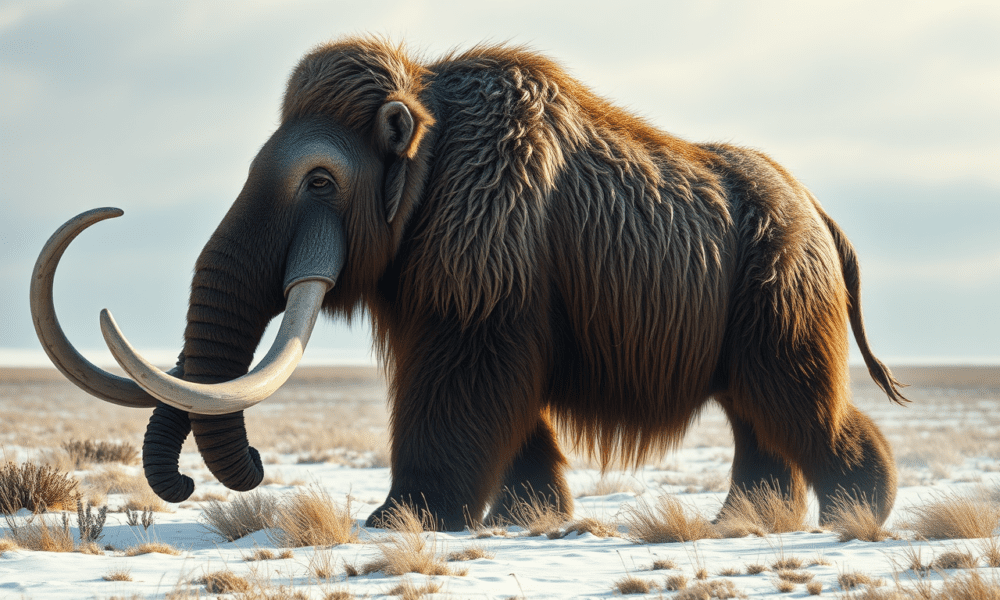
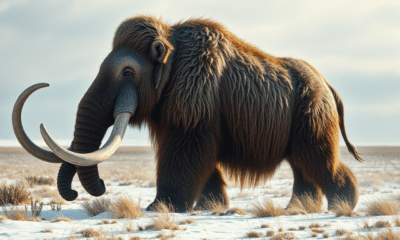

A new genomic study has uncovered long-lost genetic diversity in mammoth lineages spanning over a million years, providing new insights into the evolutionary history of these...
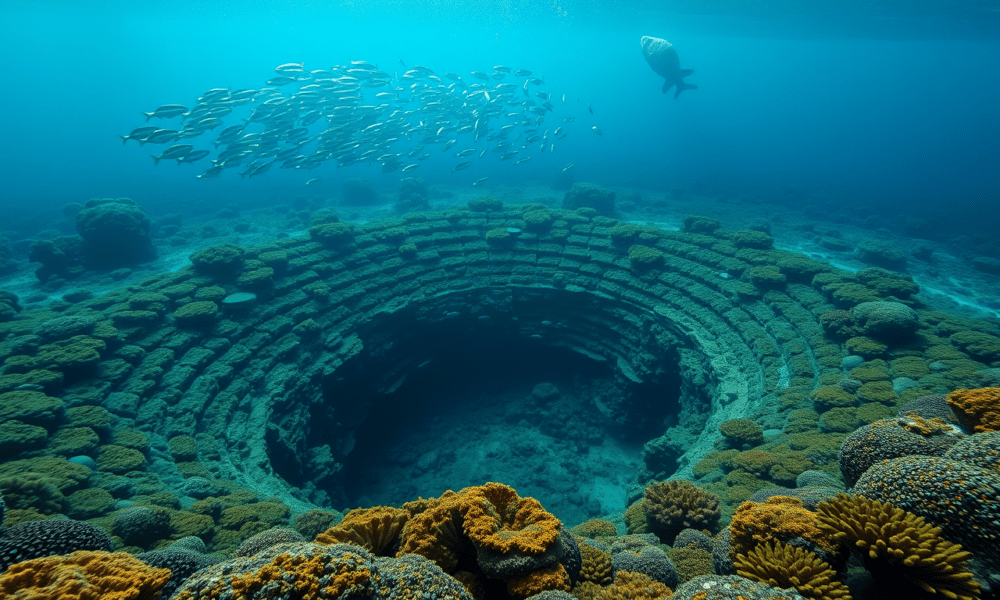


About 66 million years ago, an asteroid slammed into the planet, wiping out all non-avian dinosaurs and about 70% of all marine species. But the crater...
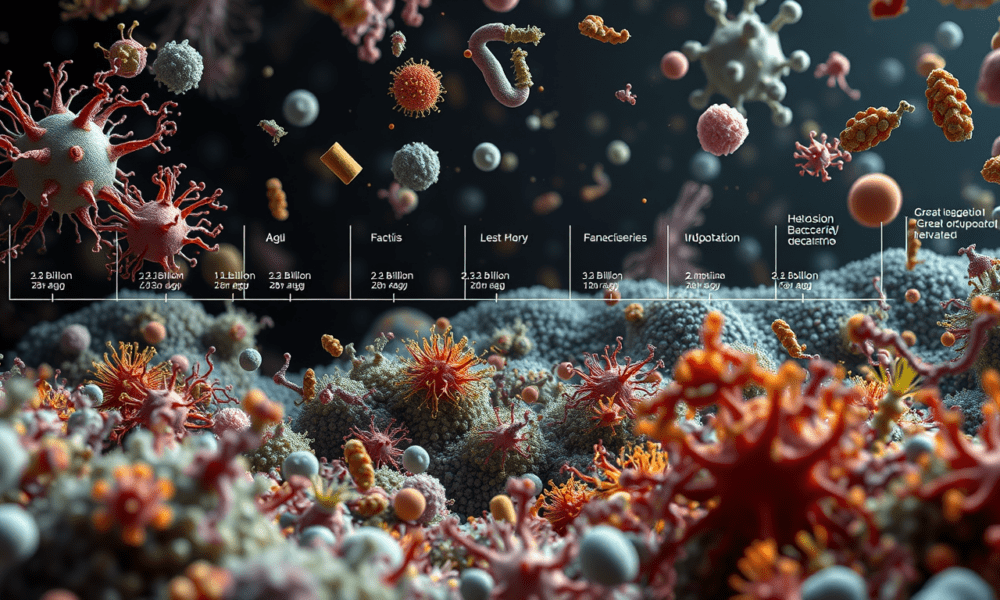
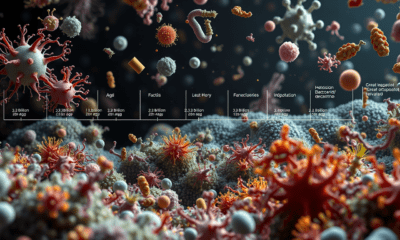

Scientists have helped to construct a detailed timeline for bacterial evolution, suggesting some bacteria used oxygen long before evolving the ability to produce it through photosynthesis.



A study presents a striking example of cooperative organization among cells as a potential force in the evolution of multicellular life. The study is based on...



Researchers have uncovered a complete Quina technological system in the Longtan site in southwest China. The discovery challenges the widely held perception that the Middle Paleolithic...

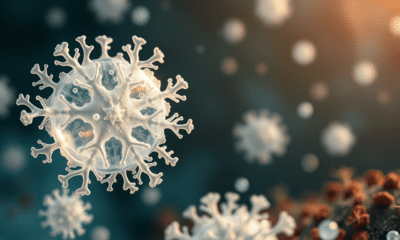

Scientists uncovered how whole-genome duplication emerges and remains stable over thousands of generations of evolution in the lab.
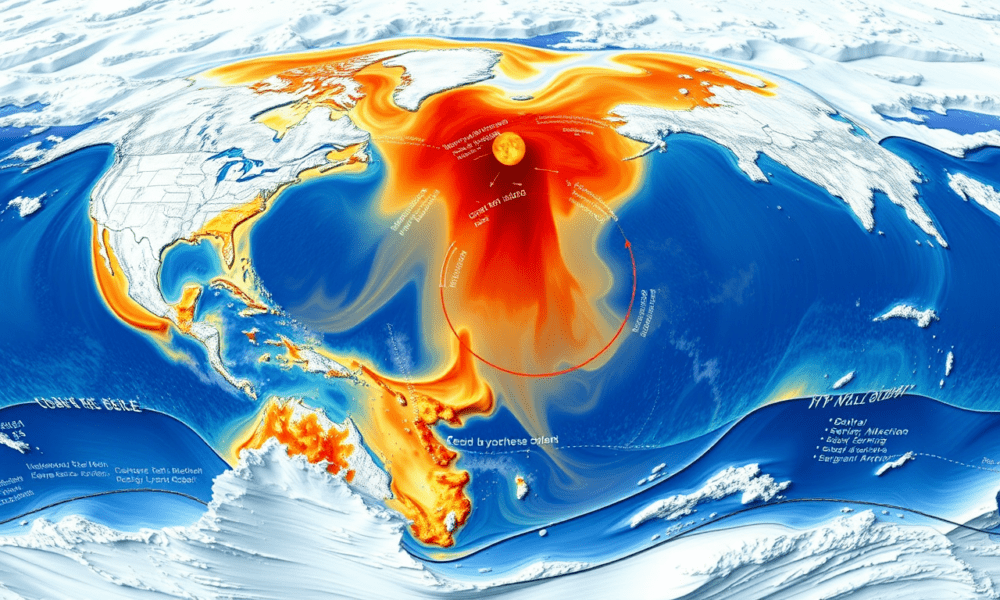
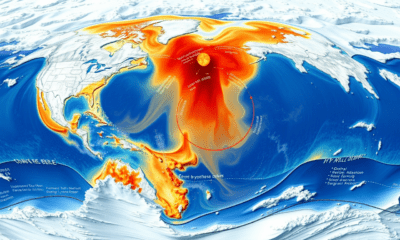

Researchers found increased meltwater and rain explain 60% of a decades-long mismatch between predicted and observed temperatures in the ocean around Antarctica.
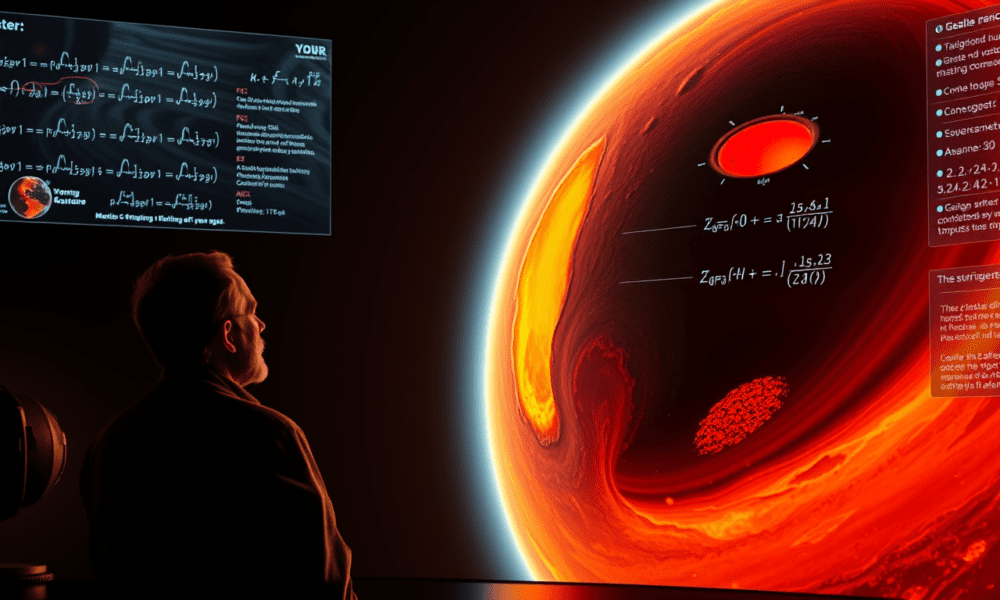
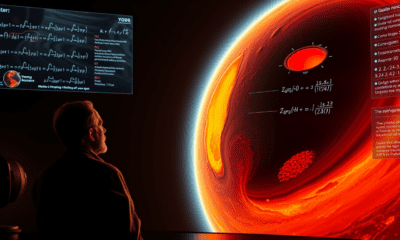

New research sheds light on the earliest days of the earth's formation and potentially calls into question some earlier assumptions in planetary science about the early...
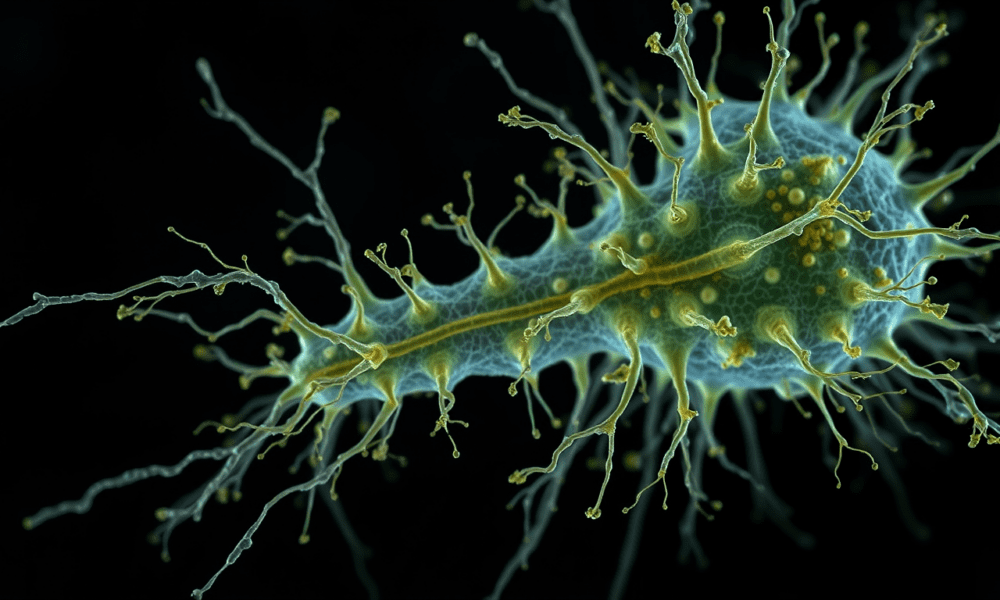
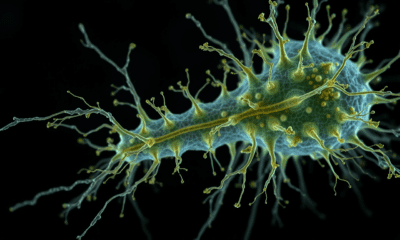

Who were our earliest ancestors? The answer could lie in a special group of single-celled organisms with a cytoskeleton similar to that of complex organisms, such...
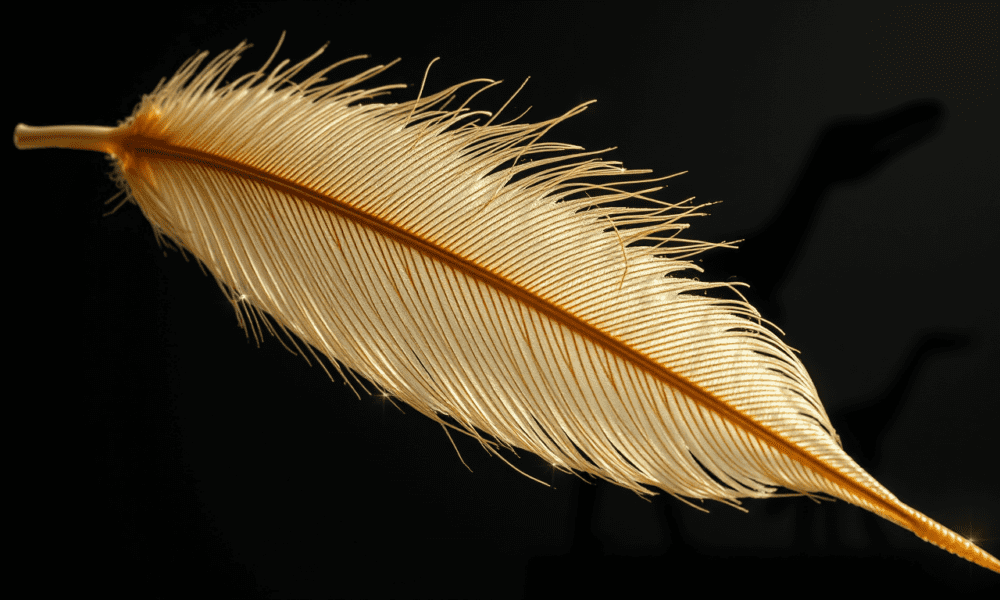
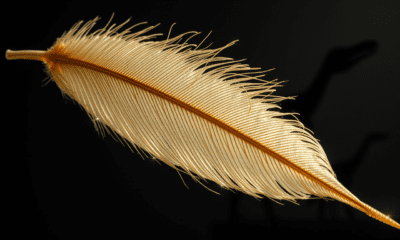

Feathers, essential for thermoregulation, flight, and communication in birds, originate from simple appendages known as proto-feathers, which were present in certain dinosaurs.By studying embryonic development of...